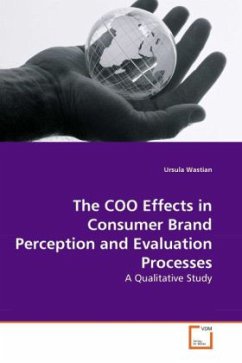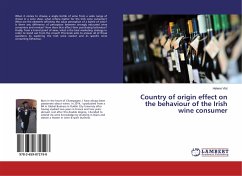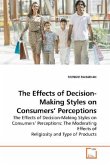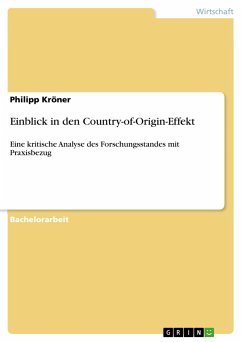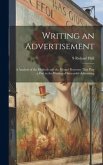The COO concept has been excessively studied, but research still not provides much generalizable knowledge. Most studies tested people obtrusively about their COO cue usage, which led to an overestimated COO effect in consumers brand evaluation processes. Few studies investigated by unobtrusively asking individuals about their COO cue usage and report about COO cue's non-importance for consumers. Based on research that showed that consumers process COO information automatically rather than in a controlled manner, this work's approach was to step out of common COO research methods, as with previous techniques results have clear limitations to be valid predictors of consumers' actual behavior. The adoption of a 2 method - 3 step approach, using the Brand Bricolage technique combined with the method of an Individual In-Depth Interview in this study shows that a brand's origin information can be measured to have influence on an implicit level, so on consumers' general perception of aparticular brand, as well as on an explicit, but primarily aided level, as consumers tend to process COO information in an automatic rather than in a controlled manner.
Bitte wählen Sie Ihr Anliegen aus.
Rechnungen
Retourenschein anfordern
Bestellstatus
Storno

